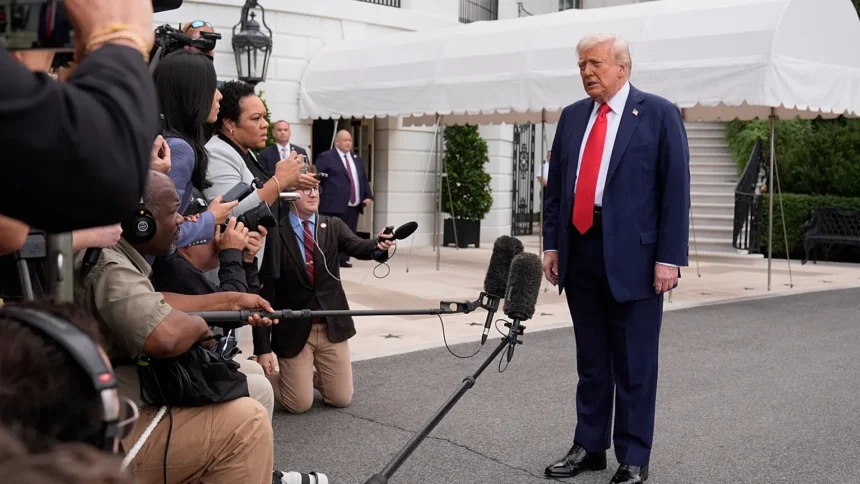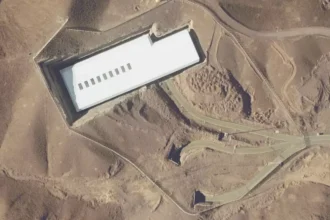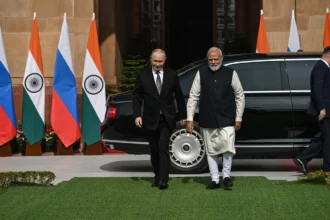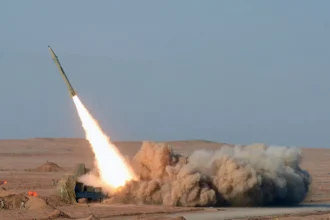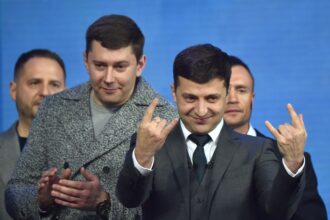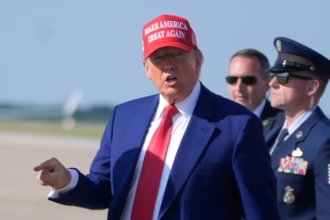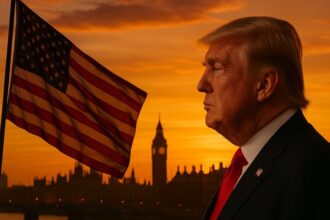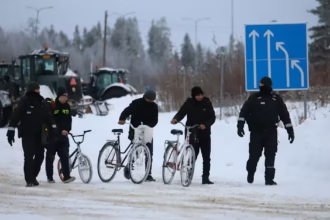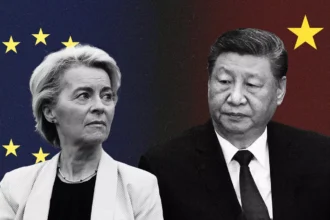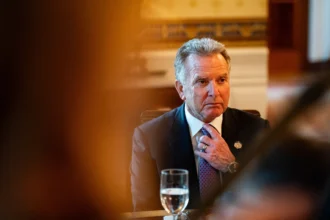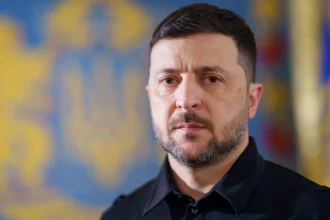U.S. President Donald Trump has declared that, if returned to office, he “would” defend Poland and the Baltic states in the event of a Russian escalation, underscoring NATO’s Article 5 commitment while adding his own trademark caveats about allied burden-sharing. The statement, made during an interview and later echoed at a campaign rally, has drawn both relief and renewed anxiety in Europe, where Trump’s views on NATO have long stirred debate.
Trump’s Remarks
Speaking about rising tensions along NATO’s eastern flank, Trump said that while he remains critical of what he calls “free riders” within the alliance, he would not hesitate to defend frontline states like Poland, Lithuania, Latvia, and Estonia if Russia launched further aggression.
“I would defend them, absolutely,” Trump said. “But our allies need to pay their fair share. America cannot continue to shoulder the costs alone while others don’t meet their obligations.”
NATO’s Article 5 at the Center
Trump’s statement appears aimed at reaffirming NATO’s collective defense principle, enshrined in Article 5, which considers an attack on one member an attack on all. However, his consistent emphasis on allies’ defense spending raises questions about whether U.S. commitments under his leadership would come with conditions attached.
NATO members have pledged to spend at least 2% of GDP on defense, but several countries still fall short of the target. Poland and the Baltic states, however, are among those exceeding it—something Trump’s allies were quick to point out.
Reassurance in Eastern Europe
Poland, which has positioned itself as one of the most hawkish voices on Russia within the EU and NATO, welcomed Trump’s words. A senior Polish defense official said, “It is important that American leaders, regardless of political affiliation, confirm their willingness to defend NATO’s eastern flank.”
Baltic leaders also cautiously expressed relief, noting that any hint of wavering U.S. commitment could embolden Moscow. Estonia’s prime minister remarked, “Words matter greatly in deterrence. We hope this statement reflects enduring bipartisan consensus in Washington.”
European Anxiety Persists
Yet in Western Europe, reactions were more mixed. Some leaders privately worry that Trump’s conditional language leaves too much room for ambiguity, potentially undermining deterrence.
“This is reassurance with an asterisk,” one senior EU diplomat observed. “Yes, he says he would defend Poland and the Baltics—but always with a reminder that allies must pay. That could create dangerous uncertainty at a critical moment.”
The Russia Factor
Russia has intensified pressure on NATO’s eastern borders through military drills, cyberattacks, and disinformation campaigns. While there has been no direct attack on alliance territory, the war in Ukraine has dramatically raised fears that Moscow could one day test NATO’s resolve, particularly in the Baltics.
Analysts say Trump’s statement may be intended as both a warning to Russia and a negotiating tactic with NATO allies. “Trump is signaling deterrence but also leveraging the moment to hammer home his burden-sharing message,” said one defense expert.
Domestic and Political Context
Back home, Trump’s comments also serve a dual purpose. On one hand, they help blunt criticism that he might abandon NATO if reelected. On the other, they reinforce his brand as a tough negotiator who demands more from allies.
Democrats have accused Trump of undermining NATO unity in the past, while his supporters argue that his pressure campaign has led to higher defense spending among allies.
Looking Ahead
Whether Trump’s vow reassures or unsettles NATO will depend on how consistently he repeats it in the months ahead. For now, Eastern European leaders are seizing on the statement as a sign that U.S. defense commitments remain intact—at least rhetorically.
As one Baltic official put it: “We’ll take any promise of defense seriously, but we also know we must prepare as though we are alone. That’s the reality of our geography.”

